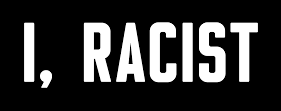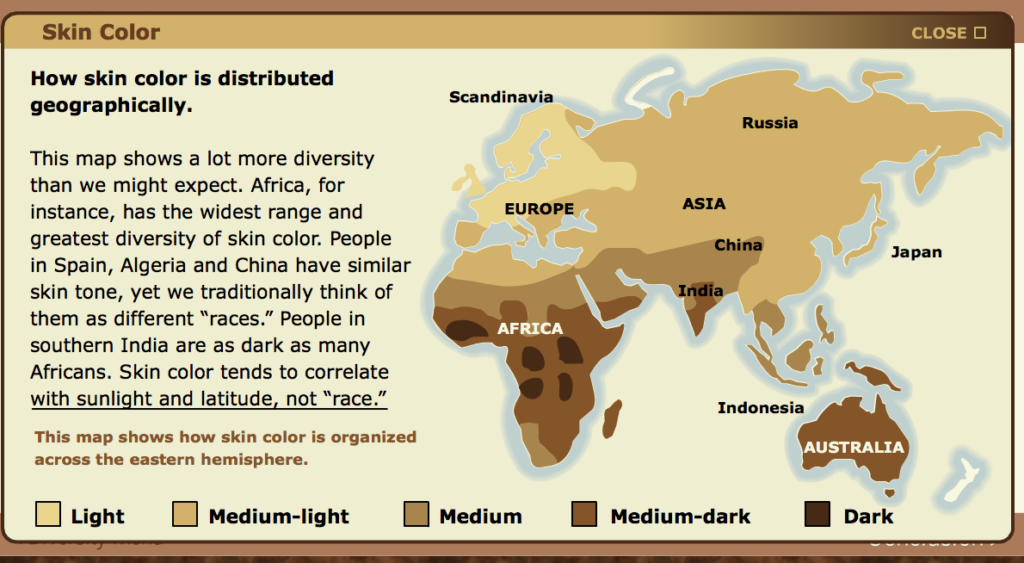By Priscilla H. Douglas
 Q: I mentioned the Ta Nehisi Coates Atlantic article entitled “The First White President” to my colleague and she said, “Everyone is not a racist.” What? Where did that come from? Why can’t we talk about race?
Q: I mentioned the Ta Nehisi Coates Atlantic article entitled “The First White President” to my colleague and she said, “Everyone is not a racist.” What? Where did that come from? Why can’t we talk about race?
A: I have been left speechless by similar responses and I, too, have been struggling to find a way to talk about race. It seems to me that race is and has been the smelly elephant in the room. And, when topics are raised and a racial motivation is part of the explanation we—Whites, Blacks, Latinos and Asians—literally do not have the language, facts and common experiences to express and convey our views. The combination of an emotionally loaded topic and limited language usually explodes like a stink bomb—leaving people with sincere motives looking for ways to clean up after the conversation and avoid future ones. Ugh.
We don’t talk about race because we don’t know how.
Initially reluctant, I have been trying out a few conversations with my friends because the time is ripe for authentic communications. When I talk to my friends, I say “What I have discovered is that I as a human being I am racist” —which means that as human beings I –we—identify first with people who are like me. Makes sense. We do so because we are born into a family, a situation, and our racial identity is determined by that group. It is a positive and social thing to do.
Then, once we know who we are and how we belong in the world, we determine our relationship to others. We can be our brother’s keeper or we can laud our superiority, thus falling from the neutral human condition of racial identification into the negative meaning of the word “racist”: casting one race  as inferior to another.
as inferior to another.
I am searching for answers—will you join me? Here are a few questions that I have been thinking about and I invite you to consider:
- In what ways does my racial identity hold me back or give me an advantage?
- Are “other people” getting ahead at the expense of “my race”?
- Do I see myself as a victim or the beneficiary of affirmative action?
- Would my economic situation or professional opportunities be different if I did not have to compete with “others”—people of different races?
- Is my social circle homogeneous or diverse?
- What stereotypes shape who I trust? Who I think is smart? Who I think is hard working? Who I think is a free-loader?
Take a look at this extraordinary PBS series—Race the Power of An Illusion” and try your hand at sorting people by their appearance and then put yourself into the day to day experience of people who are not like you.
Remember that race is a concept constructed in language. I am coming to believe that our failure to talk about race is related to the fact that we have reached the limits of our language. Collectively we are moving away from traditional “race” categories the same way that we have gender. With the help of 23andMe or Ancestry.com our DNA analysis reveals that color isn’t the sole determinant of our identity which is causing many to utter the words of Walt Whitman:
Very well, then I contradict myself, I am large, I contain multitudes.
Lets take up this charge and initiate a new conversation that contradicts the current discourse. What is the conversation that we can begin that will allow us to talk about this critically important topic?